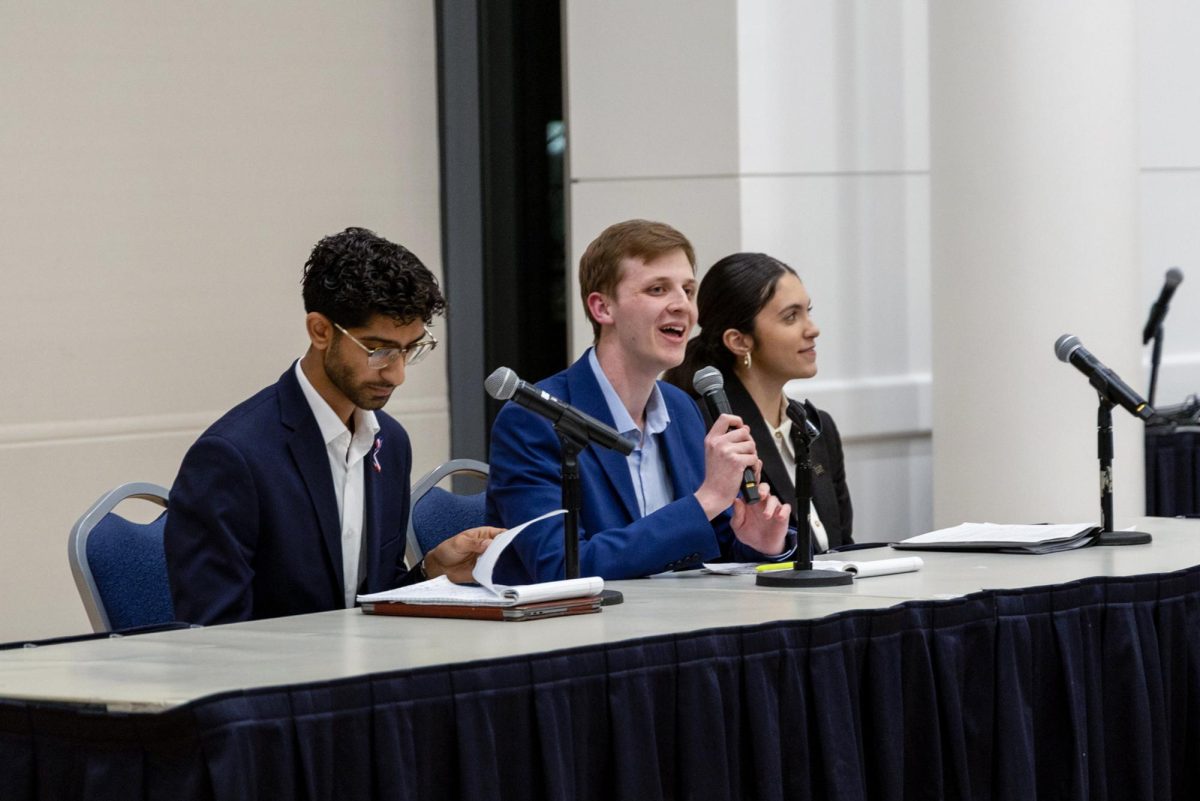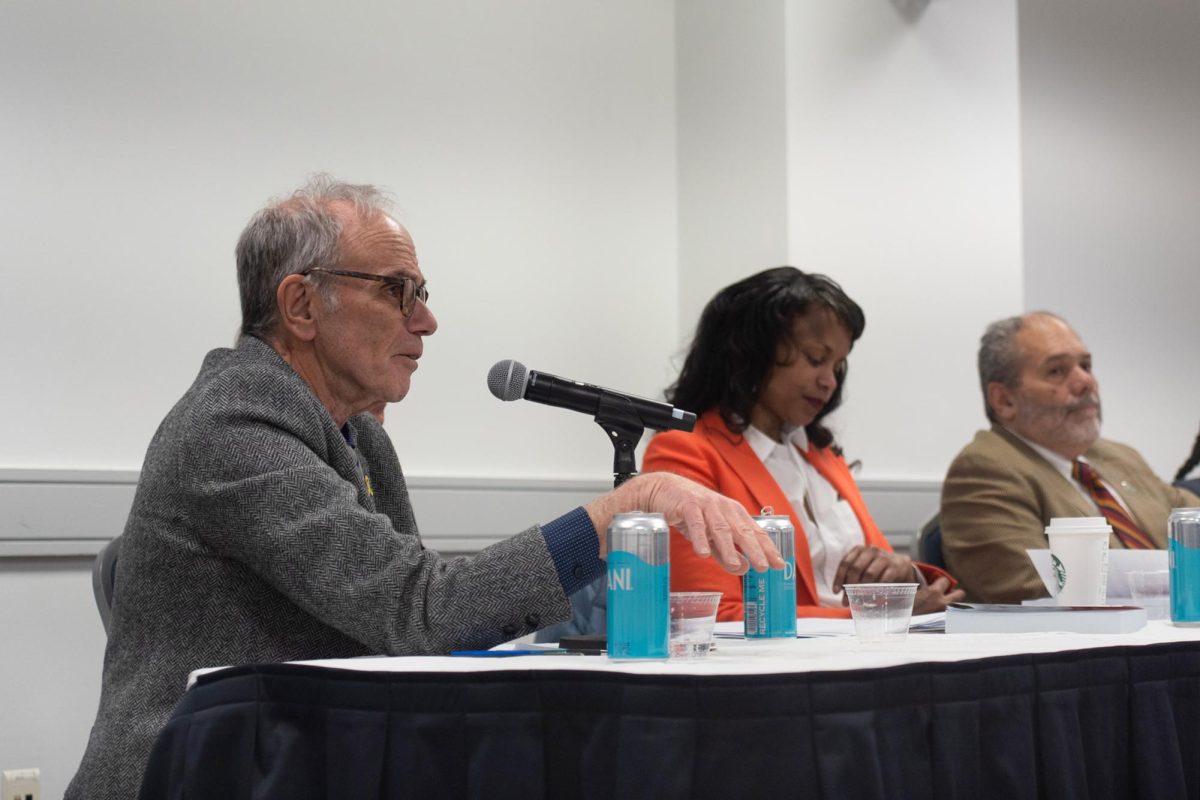The University secured Wednesday the largest research grant in its history – $134 million to study diabetes drugs.
The record funding haul by John Lachin, interim director of GW’s Biostatistics Center, is a strong sign for the University as it aggresively looks to build up its research profile.
The five-year award from the National Institute of Diabetes and Digestive and Kidney Diseases will involve more than 40 clinical centers. Researchers will track the drugs’ ability to lower glucose levels on 6,000 patients, who will begin testing in July.
The results will be presented in 2020, Lachin said.
Vice President for Research Leo Chalupa called the grant “tremendously important” in finding better treatment for those suffering from diabetes, while boosting GW’s academic prowess.
“An award of this magnitude will increase the future ranking of GW among the country’s research universities,” he said.
Lachin, a professor of biostatistics, epidemiology and statistics, said in a release that the project would meet a “compelling need” for those coping with the disease.
The University’s researchers will collaborate with Boston’s Massachusetts General Hospital, which ranked third on U.S. News & World Report’s list of the country’s elite hospitals for diabetes and endocrinology this year.
“The total $134 million will be counted as an award to GW, even though most of that will be used to pay the clinical centers and other researchers from other sites around the country,” Lachin said.
GW’s Biostatistics Center, which performs clinical trials in Rockville, Md., is one of the University’s most successful research arms, and pulls in about $50 million a year in grants. It will coordinate all research and operations for the project.
The grant is renewable for up to eight years.
GW researchers brought in $145 million last year, up 40 percent from five years ago.
The University broke into the National Science Foundation’s top 100 research universities in April, coming in at No. 99.
University spokeswoman Latarsha Gatlin said she did not know the previous record for a single grant.
According to the National Institutes of Heath, Type 2 diabetes is the No. 7 killer in the nation, affecting nearly 8 percent of U.S. citizens and becoming more and more prevalent among young people as the percentage of obese Americans swells.
University researchers earned other hefty grants earlier this month, with public health professors pulling in $24.5 million in a single day.
While the University is looking to solidify its research reputation, it is also relying on a surge in external grants to help fund the $275 million Science and Engineering Hall, which will open in 2015 and is expected to advance GW’s research operations.






